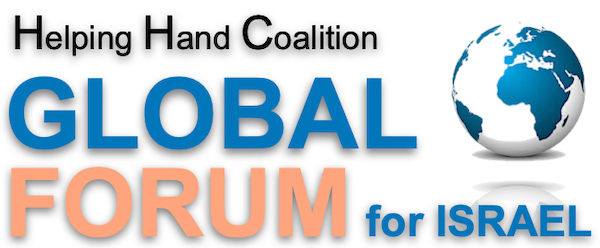One-fourth of Israeli Holocaust survivors are poor, foundation says
87 percent of Holocaust survivors who request financial aid live on less than NIS 5,000 a month, while 58 percent live on NIS 3,000 or less;
separate survey shows 57 percent of Israeli teens believe ‘the whole world is against us.’
Every fourth Holocaust survivor in Israel is poor, and one-third live alone – a few sobering statistics on International Holocaust Remembrance Day.
According to the Foundation for the Benefit of Holocaust Victims in Israel, 87 percent of Holocaust survivors who request financial aid live on less than NIS 5,000 a month, while 58 percent live on NIS 3,000 or less.
Meanwhile, 70 percent of survivors who turn to the foundation cannot afford dental care, and 18 percent need financial aid to pay for eyeglasses.
According to the foundation, 10,000 Holocaust survivors in Israel have no family, and more than one-third live alone, half of them widows or widowers.
Many survivors with relatives say their families are not in contact with them.
In the past year, 12,800 Holocaust survivors died. Two-thirds of survivors are over 80;
40 percent are over 86.
This year the population of survivors who need nursing care rose 12 percent.
Of the 200,000 survivors living in Israel today, 70 percent are women.
Of all survivors, 123,000 have received help from the foundation at some point, and more than half the 56,275 survivors who received assistance in 2012 live in the country’s outskirts.
Meanwhile, according to an annual survey by the Massuah Institute for the Study of the Holocaust, 57 percent of teenagers think that “the whole world is against us and we have nobody to rely on but ourselves.”
In the poll, more than 1,000 students were questioned over the past three months.
According to Massuah director Aya Ben Naftali, “This feeling that was typical of the mood in the 1950s and ’60s was replaced in the ’80s and ’90s by expressions of international belonging and solidarity, as part of faith in the peace process.”
She notes that in the past two decades the discussion on the universal meaning of the Holocaust and the meaning for Israel and the Jewish people existed side by side.
But “today we meet young people who put more emphasis on the national implications, and we are hearing the belief that we ‘have to rely only on ourselves.’ This phenomenon takes us back a generation, for the most part, to the atmosphere of Israel in the 1960s.”
In reply to the question “Have you ever encountered demonstrations of racism toward foreigners in Israel?” 93 percent said they have encountered racism on various levels. Regarding the Iranian threat, 29 percent said this could lead to another Holocaust, while 53 percent didn’t think so.
Only 2 percent say that after studying the Holocaust they feel a commitment to preserving democratic values, and only 2 percent identify with the suffering of persecuted nations as a result of these studies. For 14 percent, the most important thing is identifying with the fate of the nation, for 16 percent it is pride in being Israelis, and for 7 percent it is meaningful army service.
Meanwhile, 23 percent believe that the most important thing is for the country to be Jewish, and only 12 percent believe that being democratic is important. More than 20 percent think that the most important thing is for Israel to live in peace with its neighbors and for there be full equality.
For the students, the testimony of Holocaust survivors is the most significant factor in studying the Holocaust; only 8 percent mentioned school history lessons as being very important.
Categories: Uncategorized













